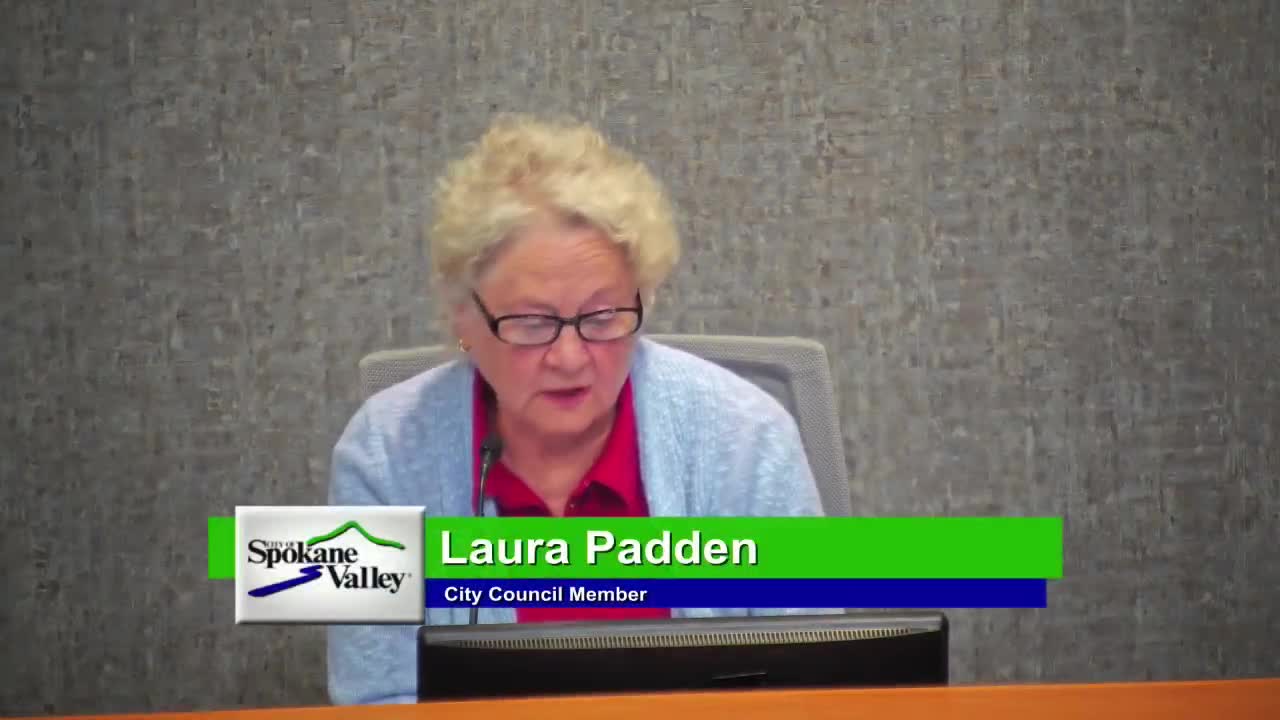Staff proposes permit-fee restructure to recover more review costs; changes could generate up to $400,000 in 2026
Get AI-powered insights, summaries, and transcripts
Subscribe
Summary
City Services proposed replacing several low, volume-based grading fees with complexity-based categories, adding after-hours and SEPA/floodplain fee tiers and a small technology fee; staff said the changes could generate up to $400,000 depending on 2026 permit volume.
City Services Administrator Gloria Manz presented proposed changes to development and permitting fees on Oct. 28 intended to better reflect staff review effort and recover more of the city's processing costs. The presentation asked council to provide consensus to include the fee changes in the 2026 draft budget.
Manz said the city currently charges several low fixed fees, many based on excavation volume for grading permits, that do not align with review complexity. She proposed replacing excavation-volume thresholds with complexity-based grading and inspection categories (for example: simple site-plan reviews, projects with frontage improvements, projects with full internal street improvements, and projects that dedicate right of way). Manz also proposed an "excess review" fee for repeated or unusually complex reviews and an after-hours inspection fee to recover overtime costs.
On planning fees, staff proposed differentiated SEPA (environmental) review fees tied to the level of review (categorical exemption/threshold determination, mitigated determination, EIS-level) and clarified floodplain-permit fees with separate charges for single-family with or without floodplain revision and for commercial projects; large complex projects could pay a deposit and actual-cost processing charge. Manz also proposed adding a $35 temporary-use fee for RV occupancy over 30 days, and a community-services application fee where municipal code currently provides for the use but no fee exists.
For building-permit administration, Manz said she was not proposing changes to core building permit or inspection fees but asked council to add a $25 per-standalone permit technology fee and to raise several minimum standalone permit fees to $70. She proposed increasing the hourly charge for staff time where applicable from $69 to $110. Manz said, depending on permit volume and final structure, the package could generate up to $400,000 for 2026 and help maintain permitting staffing and service levels.
Council members asked about fairness and predictability for developers. Manz said staff had met with the Chamber of Commerce and Home Builders Association leadership; developers at those briefings acknowledged low existing fees and emphasized the importance of prompt permit issuance. Council members expressed concern about passing costs through to builders and buyers but generally recognized the need to fund staff capacity. Deputy Mayor Hatenberg and several council members described Spokane Valley's permitting costs as competitive with nearby jurisdictions even after the proposed increases.
Mayor Pam Haley asked for council consensus to incorporate the proposed modifications into the draft budget; council discussion was generally supportive and staff said they would return with ordinance language and a formal adoption schedule.
